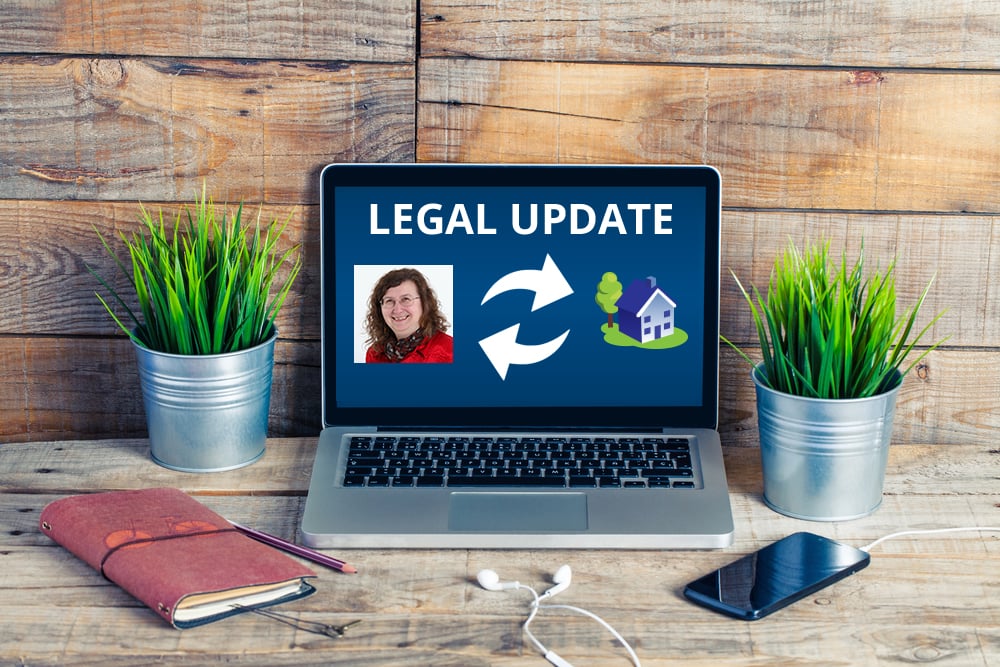
7:00 AM, 7th September 2017, About 7 years ago
Text Size
This is the 10th post in my 2017 Legal Update series.
On the morning of Wednesday 14th June, I was due to travel down to London for a meeting. I got up early to do some admin, and then turned to the online version of the Guardian website.
I was transfixed by the horrific picture of a burning tower block. It haunted me for the rest of that day and it is still often in my thoughts. I am sure you will also remember it – and remember too where you were when you first saw it.
Grenfell and its aftermath has shaken us all and raised many questions
Coming a bit closer to home – how does this affect YOU? We have all become much more sensitive to fire safety, but what are the actual obligations upon landlords in the private sector?
The first thing to say is that if you have external cladding on your properties, particularly if it is a high-rise building, you should consider getting it tested (or ask for it to be tested if you do not own the block). There may be government help for this which you can read about here (NB you will find all the announcements relating to Grenfell here.
But what are private landlord’s legal obligations?
The main legislation is the Regulatory Reform (Fire Safety) Order 2005. This requires landlords (or the person who has control of the property – which could be the letting agent) to carry out fire risk assessments for properties.
There is no prescribed way to do this and it depends on the circumstances. If the property is a bungalow and all doors and windows open out onto the ground floor, then provided you have the proper smoke alarms fitted, you will probably be alright. However, if the property is a high-rise building, it would be best to get a proper professional fire risk assessment report done by a specialist company.
If you are managing an HMO there may be extra requirements – you will need to speak to your Local Authority about this.
The other important thing to bear in mind is the Local Authority powers under the Housing Health and Safety Rating System which come under the Housing Act 2004. Fire is one of the 29 hazards which EHOs have to test for. If your property fails the test you could be facing an improvement notice.
You should now have fitted smoke alarms on all floors of rented property and CO alarms in all rooms with solid fuel burners.
These regulations came into force on 1 October 2015 and I did a post on the blog at that time here. If you have not got these alarms fitted, make sure that you do this asap.
There is quite a lot of information online in particular on Local Authority websites.
So far as our 2017 Conference Course is concerned, I have included fire safety expert Warren Spencer’s talk to our 2015 Conference as a bonus item – the law has not changed significantly since 2015.
You will find more information about the Conference Course here.
We also had a webinar on Fire Safety for our Landlord Law members recently as part of our members training, and the recording of this is available for Landlord Law members on the site.
You can find out more about Landlord Law here
Tomorrow I will be discussing leaseholder landlords
Tessa Shepperson is a specialist landlord & tenant lawyer and runs the popular Landlord Law online information service.
To see all the articles in my series please Click Here
Previous Article
FCA looking to bring back Retirement interest only mortgagesNext Article
What high yield investment options are available?